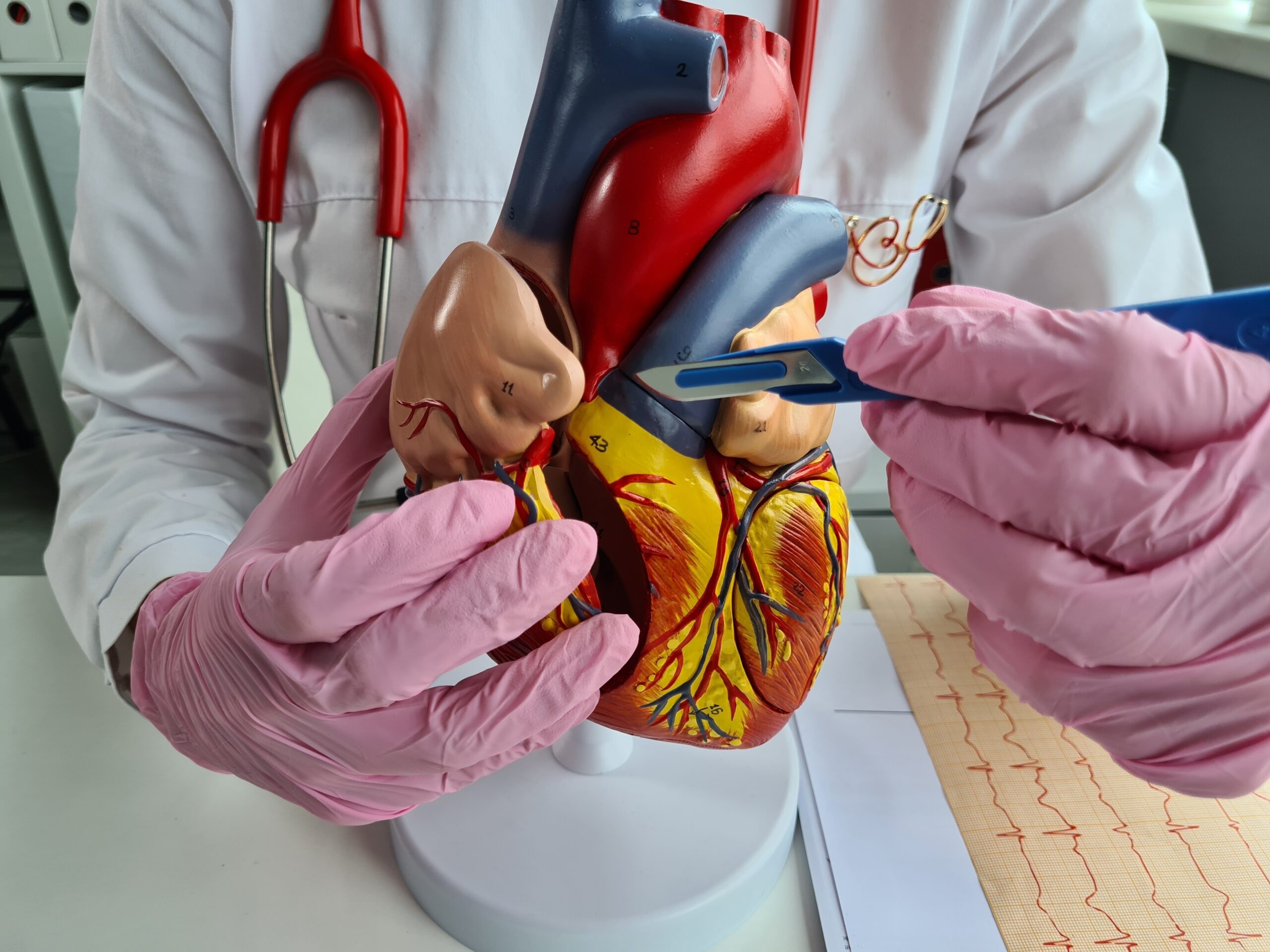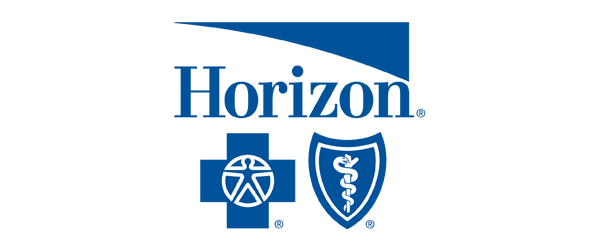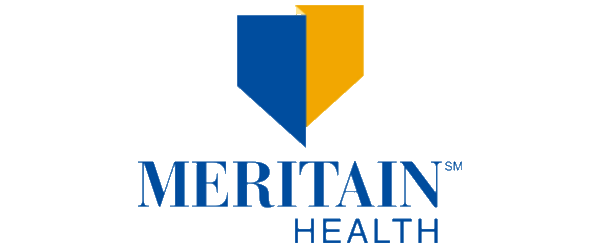Cardiac Risk Assessment in New Jersey: Facts, Options, and Prevention
A cardiac risk assessment in New Jersey is necessary for enabling early detection of heart disease and personalized prevention strategies. In the long run, they are an efficient, cost-effective way to help manage follow-up and ongoing care.
Most importantly, a heart health assessment can help you make informed decisions about your health and improve a healthier outcome. In what many patients tout as a way to boost their quality of life, an analysis provides peace of mind.
Know that a cardiac risk assessment does not guarantee an individual won’t develop heart disease. It’s a useful tool to gain a better understanding of your risk and make quality decisions about your heart health.
By identifying potential risk factors and taking appropriate preventive measures, stress and anxiety associated with heart disease is reduced. You can focus on other important areas of your life knowing proper measures have been taken to protect your health.
Cardiac Risk Assessment in New Jersey: What is It?
A cardiac risk assessment in New Jersey can identify the risk of heart disease and provide appropriate intervention. Your risk of developing cardiovascular diseases, such as heart attacks and strokes, is ascertained using history, lifestyle, and genetics information.
While identifying factors such as high blood pressure, cholesterol levels, obesity, diabetes, and smoking is key, it’s only the beginning. Assessments typically include reviewing previous heart conditions, your family history of heart disease, and conditions that may affect the heart. As part of your examination, the doctor will listen to your heart, check your blood pressure, and examine your pulse.
Blood tests are also used to measure risks by measuring cardiac biomarkers and lipid levels, including cholesterol and triglycerides. The doctor may even perform an electrocardiogram to determine if any arrhythmias or abnormalities exist.
Your health provider may also recommend a stress test. This assesses your heart’s response to physical stress by monitoring its activity and blood pressure while exercising. For a more detailed evaluation of your heart’s structure and the way it functions, imaging tests may be ordered.
Lastly, your health specialist will discuss your diet, physical activity levels, and alcohol consumption. Be prepared to engage on all these topics.
Benefits, Risk Prediction, and Early Intervention
It’s very possible to prevent a cardiovascular medical incident through a cardiac risk assessment in New Jersey. However, the importance and benefits of personalized care and disease prevention can’t be overstated.
Your customized assessment provides a valuable personalized plan which supersedes almost any action you can take in the near term. Heart risk assessments are beneficial, due to the simple fact that they identify readily changeable risk factors. An assessment will specifically determine your chances of developing a cardiac event over the next 10 years. The higher the risk score, the more aggressive your prevention efforts should be.
“Improving risk prediction will be an ongoing effort. This effort requires input from clinicians and data scientists and will continue to evolve,” states a recent article on the topic published by the National Heart, Lung, and Blood Institute. “The reality is that atherosclerotic disease risk prediction will never be perfect, but will hopefully be improved to allow for better targeting of preventive therapies.”
Recommended every 4 – 6 years for healthy adults, these assessments are general guidelines that help sow seeds of prevention. There is no definitive test in these assessments. However, clinical data can estimate a person’s chances of having heart disease so a doctor can recommend appropriate prevention methods.
Health care professionals can make informed decisions about intervention strategies for cardiovascular diseases by thoroughly evaluating a patient’s medical history.
Risk Scores from a Cardiac Risk Assessment in New Jersey
There are two options for a cardiac risk assessment in New Jersey. The first is a technique called the “Framingham Risk Score,” and the second is the Atherosclerotic Cardiovascular Disease Risk Estimator.
The Framingham Risk Score includes factors such as age, sex, race, blood pressure, cholesterol levels, smoking status, diabetes, and gender. Over a 10-year period, it can be used to estimate a person’s chances of developing Coronary Heart Disease.
One of several Framingham studies supports specific dietary recommendations, such as increasing fruit and whole grains intake to prevent obesity. “A significant reverse association… was observed,” the BioMed Central Nutrition Journal study states. “Cardiovascular diseases remain the leading cause of mortality worldwide. This underlies the need to evaluate different targets, such as diet quality.”
The Atherosclerotic Cardiovascular Disease (ASCVD) Risk Estimator is an assessment tool that is more accurate than the Framingham Risk Score. In fact, it’s more for people with certain risk factors, such as diabetes or chronic kidney disease. It’s used to estimate a person’s risk of developing ASCVD, including Coronary Heart Disease, stroke, and peripheral arterial disease.
“Over my career as a cardiovascular surgeon, as well as an immunologist, I have witnessed how current treatments for ASCVD have led to considerable improvements in outcomes. Yet many patients remain vulnerable to life-threatening cardiac events,” states one researcher in the Diagnostic and Interventional Cardiology. “Until recently, atherosclerosis has been thought of as the result of passive lipid accumulation in the vessel wall. However, the development of atherosclerosis is now known to be much more complex, with a key role for immune cells and inflammation in conjunction with hyperlipidemia and elevated LDL levels.”
Early Detection, Prevention, and Possible Elimination
You can identify early problems through a cardiac risk assessment in New Jersey. Many patients think they’ll reduce their risks of developing heart disease by a small amount by being proactive.
In reality, taking preventative measures may reduce the risk of developing heart disease completely. Tips for eating healthy throughout the day or at a restaurant include:
- Make sure you don’t start out the morning or afternoon hungry. Starving yourself or skipping meals can lead to overeating. Those tempting foods may also be hard to resist.
- It’s okay to not eat everything on your plate. Take it home in a doggy bag and you’ll enjoy it twice as much.
- Snacking and nibbling should be avoided. You should listen to your body when it tells you that it’s full. Remove extra food from the table with the help of your spouse, a friend, or restaurant staff. You’ll be more likely to nibble the longer it stays.
- Eating shouldn’t be a competition. Overeating is caused by eating too fast, since it takes your body 20 minutes to recognize fullness. Take your time and enjoy the social aspect of eating.
Your chances of future problems can be significantly reduced by addressing these issues. Personal reflection can help you develop personalized strategies. Your doctor can create a customized plan to manage your heart health based on your individual risk profile.
It’s equally important to improve how you manage your existing medical conditions. If you have heart disease or a related condition such as diabetes, consider optimizing your treatment. Your treatment plan can be refined over time. Understanding specific vulnerabilities can reduce your risk of complications.
All types of individuals benefit from cardiac risk assessments as they take control of their heart health and make informed decisions.
Wellness and Pain Can Help
A range of options for cardiac risk assessment in New Jersey are available at Wellness and Pain. We offer conservative treatments, routine visits, and minimally invasive quick-recovery procedures. We can keep you free of problems by providing lifestyle education and home care advice to help you avoid and manage issues, quickly relieving your inhibiting lifestyle conditions when complications arise.
At Wellness and Pain, we personalize patient care plans based on each patient’s condition and unique circumstances to improve wellness, increase mobility, relieve pain, and enhance your mental space and overall health.











